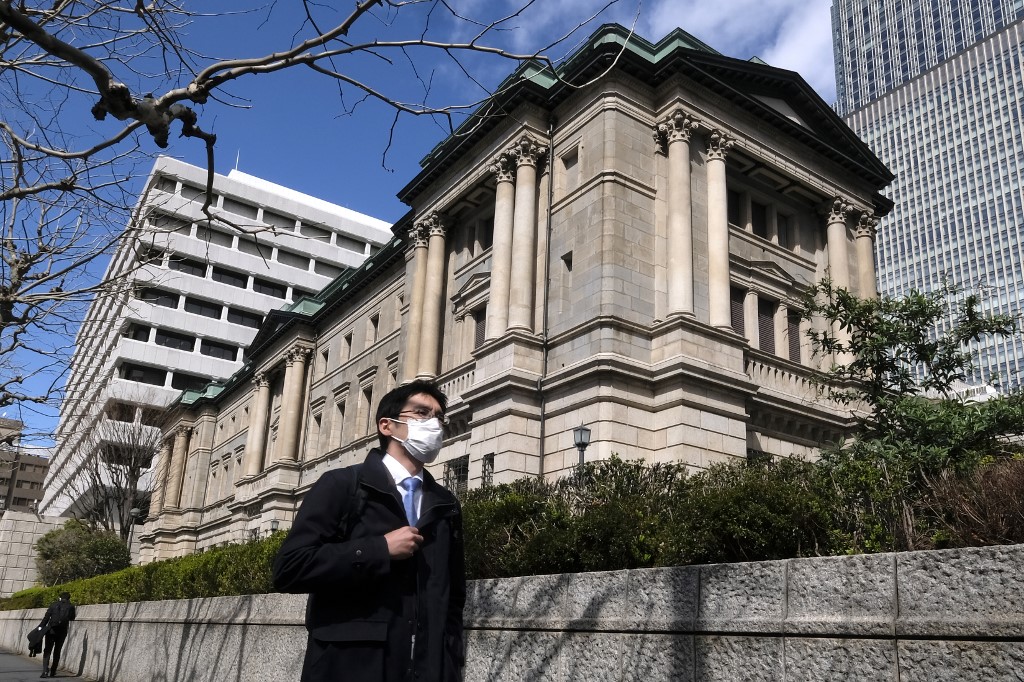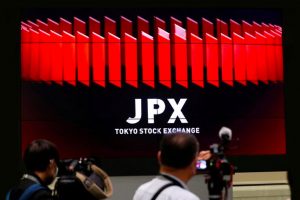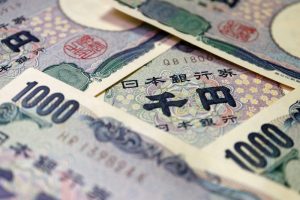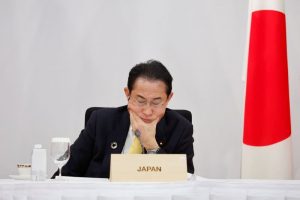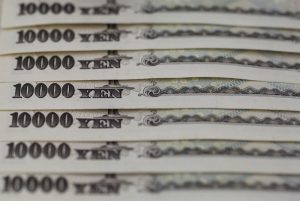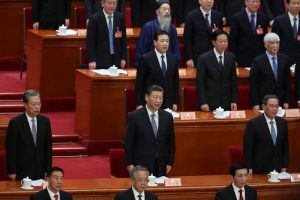The Bank of Japan ramped up bond buying on Tuesday in a bid to keep the yield on 10-year government bonds at a 0.25% cap, amid renewed pressure from rising global interest rates.
The BOJ also offered to increase purchases across the curve on Wednesday, which is an indication of not only the central bank’s determination to keep yields low, but also how tricky this is during a wave of monetary tightening.
The bank’s moves have helped drive the yen down to 24-year lows against the dollar, as investors have focused on the gap between Japan’s ultra-low interest rates and expectations of aggressive hikes by the US Federal Reserve this week.
ALSO SEE: Russia Becomes India’s Second Biggest Supplier of Oil
The announcements had mixed effects in suppressing yields on bonds of other maturities. Two-year and 30-year yields eased, but the five-year yield jumped to a level not seen since 2015.
Some super-long maturities were also sold heavily, on speculation that the BOJ may eventually adjust its yield targets, distorting the shape of the yield curve.
“The bond market appears to be pricing in the chance of a collapse in yield-curve control,” Jun Ishii, chief bond strategist at Mitsubishi UFJ Morgan Stanley Securities, wrote in a research note.
Finance Minister Shunichi Suzuki repeated his concerns about recent rapid yen falls on Tuesday, highlighting the dilemma Tokyo faces as it chases two conflicting goals – keeping interest rates low without weakening the yen further.
“A rapid yen weakening has been seen in the exchange market recently and I’m concerned,” Suzuki told a news conference. “We will carefully watch currency market moves and their impact on the economy and prices with a sense of even more urgency.”
The central bank said in a statement: “We will make changes in the auction schedule and amounts of outright purchases of JGBs as needed, taking account of market conditions.”
The yen last traded at 134.58 per dollar on Tuesday, after hitting a 24-year low of 135.22 on Monday.
Higher Living Costs
Yen weakness has become a headache for Japanese policymakers, because it pushes up already rising prices of imported fuel and raw materials, leading to higher living costs for households.
The government and central bank issued a rare joint statement on Friday expressing concern about the yen’s sharp slide. It was the strongest warning to date that Tokyo could intervene to support the currency.
These comments though had little effect in reversing a broad, strong-dollar trend.
BOJ Governor Haruhiko Kuroda has repeated the bank’s resolve to keep interest rates ultra-low to support an economy that has not yet fully recovered from pandemic damage.
“There’s no way the central bank will raise interest rates to support the yen,” said Noriatsu Tanji, chief bond strategist at Mizuho Securities. “Compared with other countries, Japan has inflation that is still too low to worry about.”
Analysts expect the BOJ to keep interest rates ultra-low at a two-day policy meeting that ends on Friday.
• Reuters with additional editing by Jim Pollard
ALSO on AF:
Yen Dives to 24-Year Low as Kuroda Warns on Economic Impact
Japan’s Suzuki Stays Silent on Forex Intervention as Yen Slides
No Good or Bad Yen Exchange Rates, Japan Official Says




